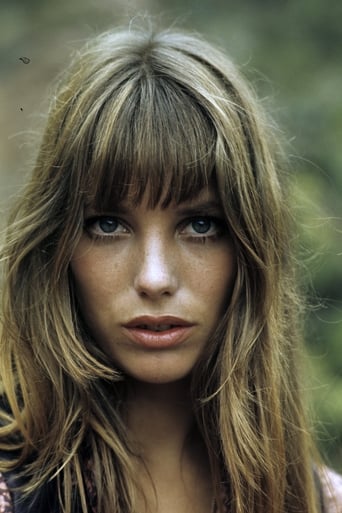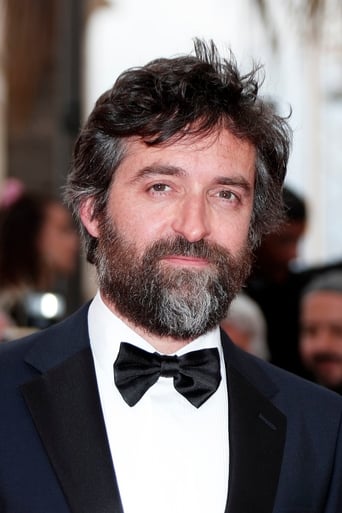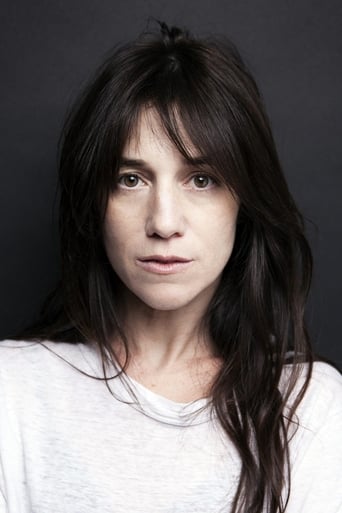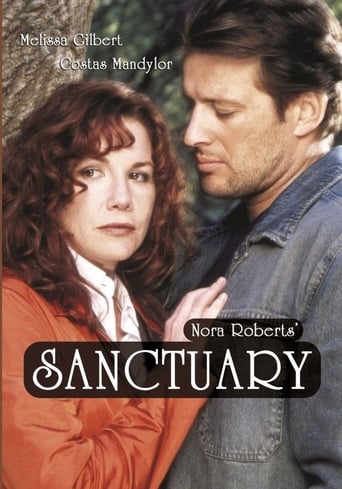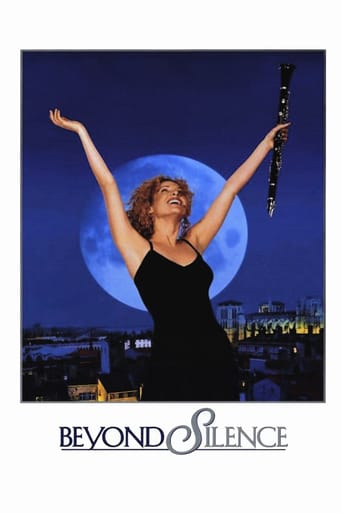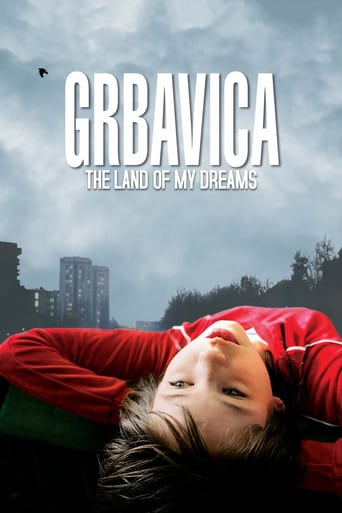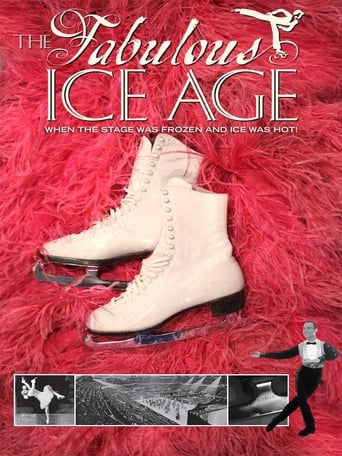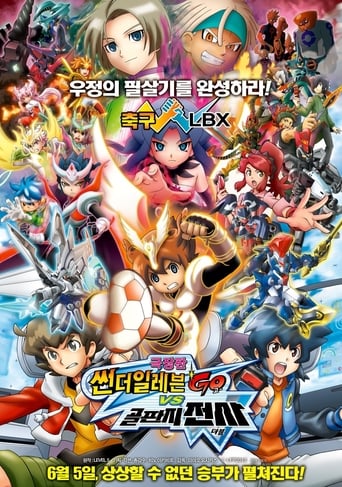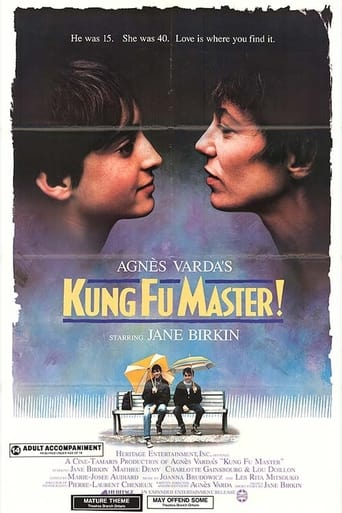
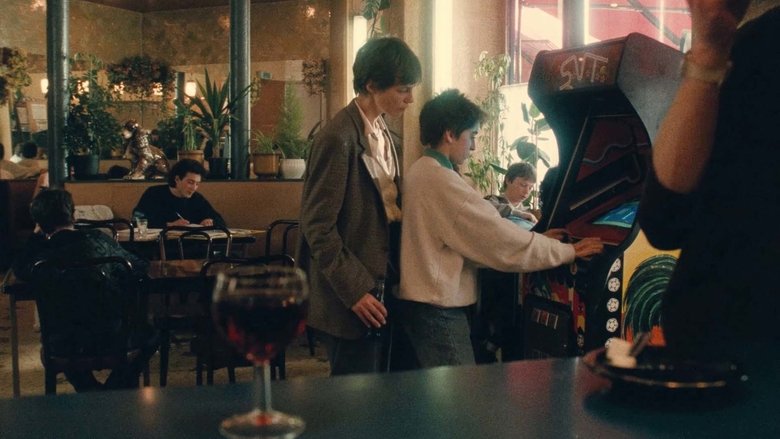
Kung-Fu Master! (1988)
A lonely 40-year old woman finds herself shattering taboos by falling in love with the 14-year old Julien – but is it romance, or a desperate attempt to turn back time in the face of middle age?
Watch Trailer
Cast
Similar titles


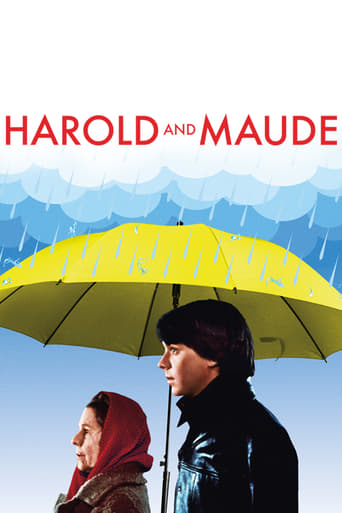
Reviews
I like the storyline of this show,it attract me so much
Good movie, but best of all time? Hardly . . .
A Major Disappointment
Story: It's very simple but honestly that is fine.
A requiem for a long-lost youth begging to close the door on the past bereavements by tricking the ungainly mother living her lorn childhood dream; This time with the pure, yet infeasible love of a playful child. Such doomed to failure passion for an immature boy seems to be incontrovertible to all the sane,mature beings, yet the irresistible temptation of being cherished and loved by someone after a long time, even for a small moment, makes the ill-fated adult mother blind to the consequences. An uncanny story which which may choose to express itself simply and plainly, by not going too deep and remains at the surface with its characters, but still is satisfying,well-crafted and well-played./ B+
The story here is about a woman falling for the 14 year old classmate of her daughter's, but forget about the story now, it's not a prurient film of course and seeing just a 'social issue' movie would miss the whole point. This is a small exercise on context by Varda but as astute as ever.Varda seems to be parodying the notion that her film would have just a social relevance by having the AIDS scare of the time so prevalent throughout - the film is from the late 80s, it evokes a distinct air of the time when youths crowded arcade parlors and TV segments on HIV sounded doom for mankind - or preempts it, perhaps unsure herself if it's not unavoidably going to be that in the end.But see something else, about the narrative horizon in which things acquire their significance.The woman who simply has these feelings one day that threaten to bring down everything, in context of what she experiences, it's a real affection for the boy, it shakes her in earnest. The boy who acts all grownup around her, bringing her flowers like a man would, later in a hotel plans to seduce her, but Varda has specifically taken care to show that he becomes just a kid with his peers or always off to a video game.The film's title comes from a video game that he plays in the arcade parlor, in the game's nested story-within a hero fights monsters to make it all the way to the top level so he can set free a princess kept prisoner. This is of course a deliberate confluence by Varda. We'd like to think of love in this way, as something that frees us, but what if it's sometimes fiction? Meaning, the woman is simply not mindful that the boy inhabits a wholly different context than hers, simply playing a game of love.And this is what Varda marvelously depicts later in a scene where the kids are goofing with Nazi paraphernalia in a room. A parent who walked in and thought the kids have strayed into budding Nazism would have only been misled by appearances, inhabiting a horizon in which objects (Nazi stuff) are charged with their narrative significance. But as the scene plays out Varda shows that it's evidently just another game for them.This is the exercise, on how phenomena give rise to illusory narrative, on how illusory narrative traps us in illusory significance, chimeras of our desires. It isn't about nostalgia or passionate love. Love doesn't equal truth, unless it's shared in truth. This was a point made in Le Bonheur. In my ongoing project I'm after filmmakers who abet mindfulness, the wisdom that comes from it, and Varda has this.
a teenager boy, a middle-aged woman. the love between these two? what kind of ending you will give it? it is a delicate movie in the sense of emotion description. From the camera, the director makes us feel that there is a man inside that little boy, who loves the "kung fu master" video game very much. His eyes talk like a man, his hands move like a man, he acts like a man in front of that woman. It is possible to forget about the big age difference between these two. At this point, I think the director did a good job. what kind of ending you will give to a love story, not necessarily this one, certainly can talk about how you see the world and the love and relations between human beings. I can't help thinking about my own ending in the whole process of watching the film. To me, the most important part is not the ending the director shows, it is the ending in my own heart. What is love's perfect ending? Does "living together from then on" really answers for all?
The idea for "Kung-Fu Master" was proposed by Jane Birkin in Agnès Varda's tribute documentary to her, "Jane B. par Agnès V." (1987). Birkin suggests a film in which a 40-year old woman would fall hopelessly in love with a teenage boy, suggesting herself and Varda's and Jacques Demy's son, Mathieu, for the leading roles. That very same year, the idea would develop into the rapturing, bewitching, winning "Kung-Fu Master", a film unlike any other ever made. Mary-Jane (Birkin), 40, divorced, independent, living with her two daughters (her real-life daughters, 16-year-old Charlotte Gainsbourg and 5 year-old Lou Doillon), suddenly finds herself terribly attracted to one of her daughter's schoolmates, 14-year-old Julien (Mathieu Demy), and vice-versa. From then on, Mary-Jane and Mathieu find the unlikeliest ways to meet (including Mary-Jane bumping her car on Julien on purpose!) as they face love's highs and lows, trying to make it thrive against society's ponderous prejudices and Julien's own inevitable "growing up".The film is a hoot from start to finish. The title is a reference to the Arcade video game, where a Kung-Fu Master must endlessly fight increasingly dangerous obstacles and enemies (as must Julien and Mary-Jane) to save his captive sweetheart, who is kept tied up, perennially crying for help. The opening sequence of the film, in which Mathieu Demy in full Kung-Fu costume skilfully simulates the robotic choreography of the video game hero is delightfully funny and wins you at once. The dialog sparkles with jeux-de-mots and a mix of English and French sense of humor. Jane Birkin was probably never more beautiful or appealing than here, her angular, bony beauty serving her emotional transparency and complete commitment to her role. Mathieu Demy, inexperienced, is nevertheless charming, well-cast and never phony in his difficult role. Varda's direction of her own son is amazing: it looks as if she's discovering his acting potentialities and the first signs of manhood along with Mary-Jane and ourselves. The cast includes Birkin's family (parents, siblings, nephews, daughters etc), who appear nonplussed with the touchy issue and ultimately even help the odd couple. Charlotte Gainsbourg shines with her urchin face, special talent and sensibility; she's a natural. Baby Lou Doillon is lovely throughout, adding to the feeling of spontaneity that gives the whole film a slightly magical touch, as if we were watching improvised scenes, not scripted ones. Mary-Jane's and Julien's scenes together are far from risqué, but filled with emotional rapture, originality, humor. Sex is implied, but never at the core of things; love -- romantic, throbbing, unconventional love -- is."Kung-Fu Master" is a fable about the nature and possibilities of romantic love in obtrusive circumstances, and MAYBE it hints that women, girls and boys are better suited for it than grown-up men (which is probably true!). When Mary-Jane and Julien go to a desert island so that they can fully experience their love far from society's burden, we can see why they're at once sacred (they're pure, unbiased by interest, conventions, hypocrisy) and doomed (their love can only exist fully and freely away from conventional society). The film's ultimate goal may be to translate women's infinite, inexhaustible talent for loving and teaching love, regardless of how unlikely the object of their love is, or how powerful the enemies, or how complicated the obstacles; women are the invincible, undisputed Kung-Fu Masters of love, even if/when they don't win. This is arguably Varda's and Birkin's finest hour; they have made a film that is a triumph of poetic sensibility filled with humor and intelligence; it's a tribute to feminine pride (no man could EVER make a film like this). Enchanting from start to finish, always surprising, never tacky or schmaltzy, "Kung-Fu Master" is a one-of-a-kind film just waiting to be (re)discovered -- but most likely destined to be locked away, in these hypocritical PC times of ours that furiously prevent renewed access to films as brave as this unless they're scandalous (which KFM is not). If you can find it, do see it by all means: and pay special attention to the beautiful, subtle, rich finale. Beware, though: "Kung-Fu Master" may be hazardous to your cynicism and conventionalism, and may restart your belief in l'amour fou.
